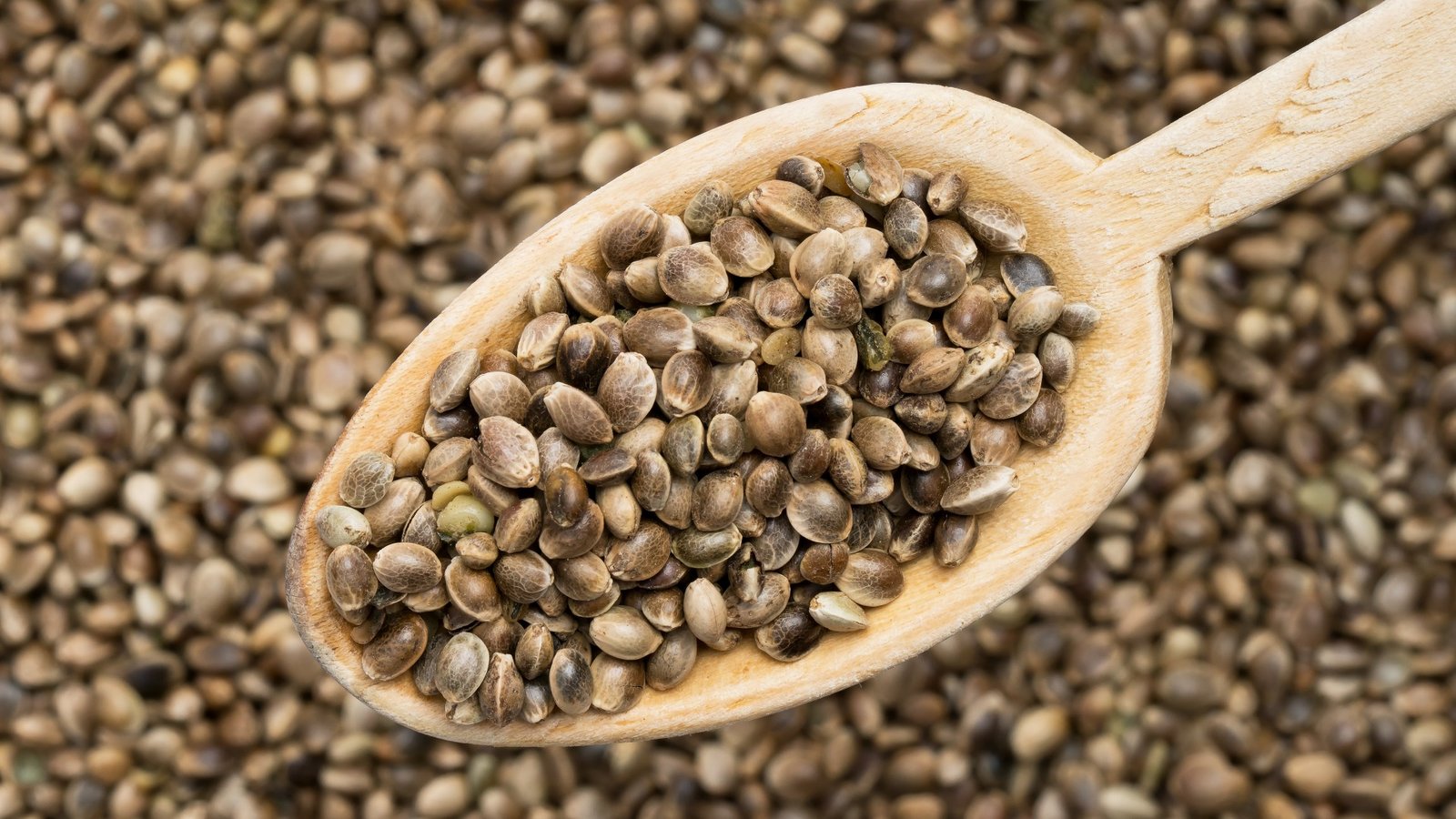As the world faces increasing environmental challenges, sustainable farming practices are gaining attention. Hemp cultivation is seen as one of the most sustainable options due to its minimal resource requirements and ability to improve soil health. The global hemp seeds market is set to grow significantly, reaching USD 12.68 billion by 2032, with a CAGR of 9.3%.
Sustainability in Hemp Farming
Hemp is a hardy crop that requires fewer pesticides, herbicides, and water compared to traditional crops. It also contributes to soil health by replenishing nutrients and reducing the need for crop rotation. These sustainable farming practices are driving the demand for hemp-based products, including hemp seeds.
Market Outlook
The increasing demand for eco-friendly products and the rise in plant-based eating habits are propelling the growth of the hemp seeds market. As consumer awareness of sustainability grows, hemp’s environmental benefits are becoming a key driver in the market’s expansion.
Conclusion
Hemp seeds represent a sustainable, nutritious alternative to traditional crops, making them a vital part of the future of agriculture. As demand for eco-friendly food options increases, the hemp seeds market will continue to thrive.

